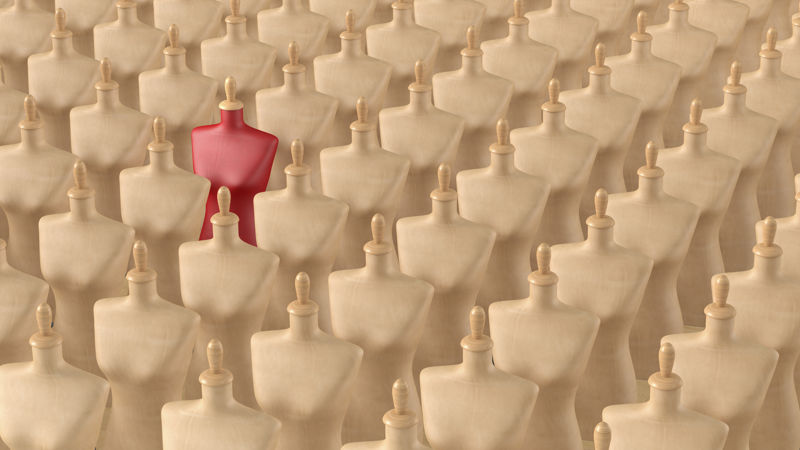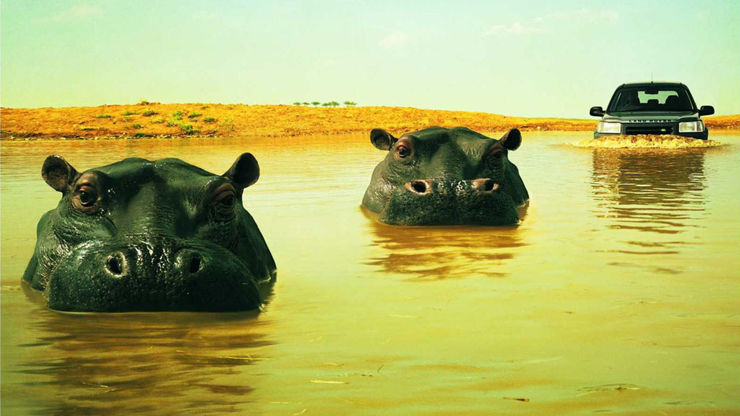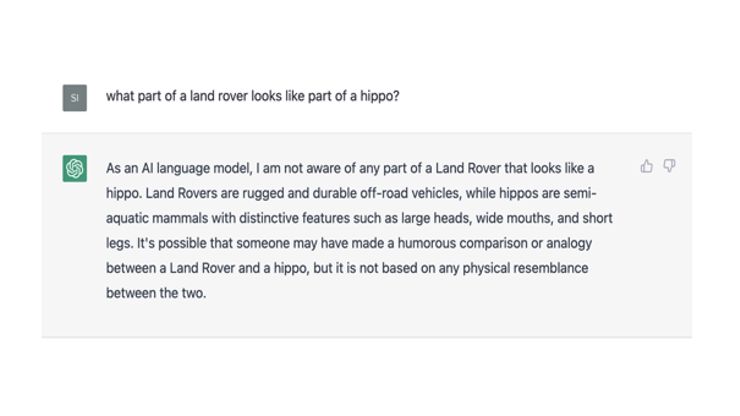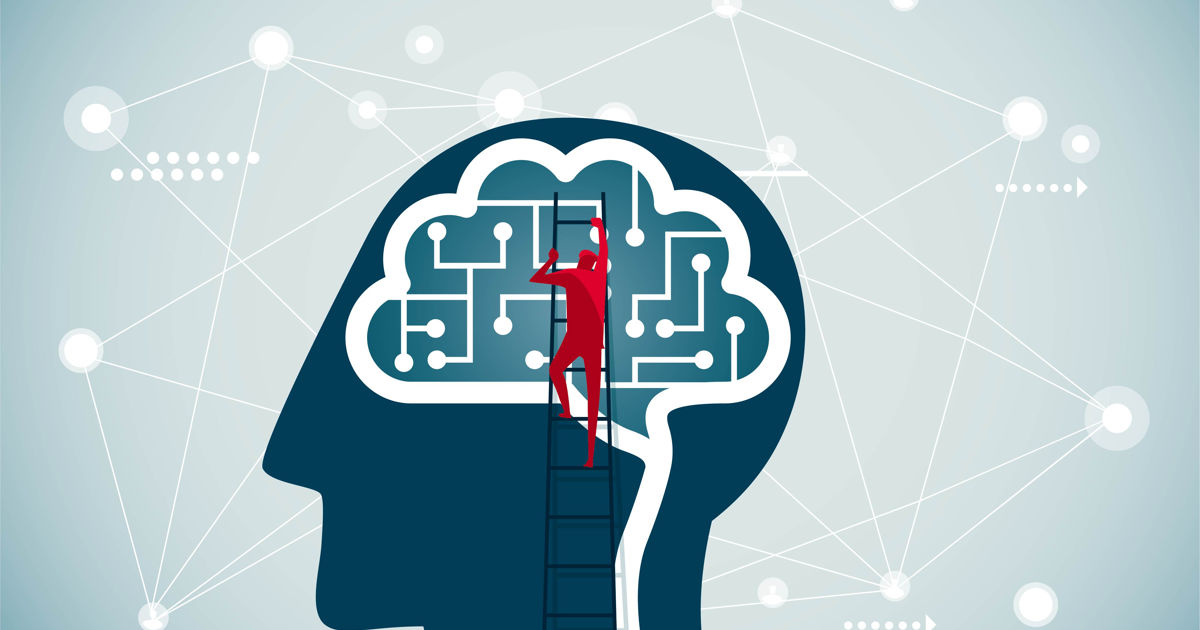AI is an opportunity to remind ourselves what creativity really is
Artificial intelligence is here to stay, but how scared should we be? Will computers take our jobs? Will technology render creative people obsolete? No chance, according to The Moon Unit, who, as we begin this month's Tech Focus, argue that there are two things which set human creativity apart which AI will never be able to replicate.
You’ve already read a thousand articles about AI. Some of them were probably even written by AI. Most are breathless tributes.
They describe how you can type just a few words and it spits out the exact image you need. Maybe a whole storyboard. Perhaps soon, a finished film.
The next stage of the argument is that creative people will become redundant. Just as agricultural labourers were replaced by the mechanical plough, and factory workers by industrial robots.
Creativity involves two human faculties that computers simply can’t replicate.
Nah. Sorry, ChatGPT. Creative people will never become redundant. Because creativity, by definition, involves two human faculties that computers simply can’t replicate: the ability to make original connections, and our capacity for creative judgment – otherwise known as ‘taste’.
Credits
powered by
-
- Production Company RSA Films
-
-
-
Unlock full credits and more with a Source + shots membership.
Credits
powered by
- Production Company RSA Films
- Editor Pamela Power
- Director of Photography Adrian Biddle
- Creative Steve Hayden
- Creative Brent Thomas
- Producer Nadia Owen
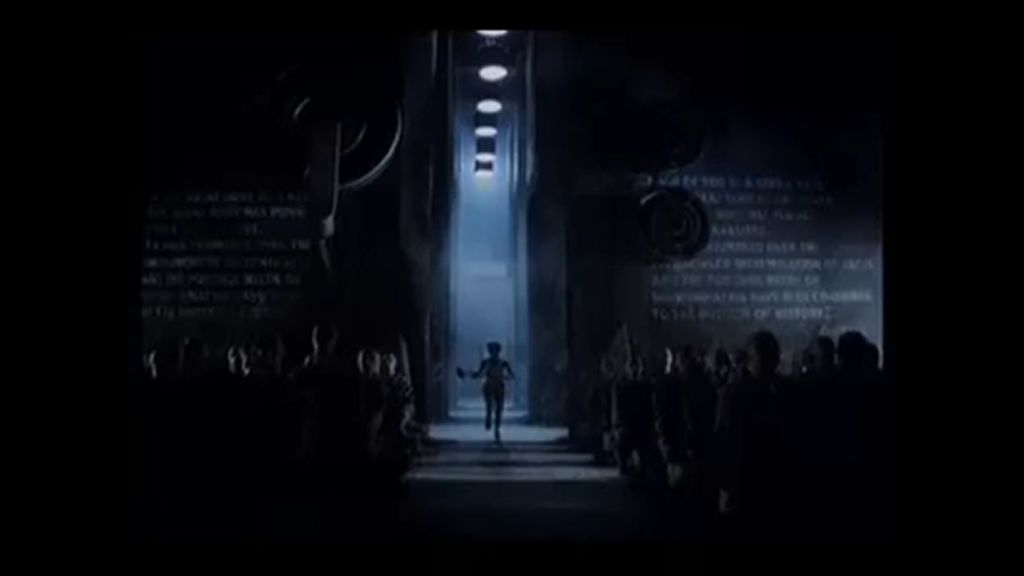
Credits
powered by
- Production Company RSA Films
- Editor Pamela Power
- Director of Photography Adrian Biddle
- Creative Steve Hayden
- Creative Brent Thomas
- Producer Nadia Owen
Above: Apple’s iconic 1984 ad, in which 'the bad guy' was IBM.
According to Steve Jobs, the definition of creativity is simply ‘connecting things’.
In Apple’s iconic 1984 commercial, directed by Ridley Scott, the creatives drew a parallel between the monolithic blandness of IBM and the totalitarian conformity envisaged by George Orwell’s novel. The connection had never been made before. Since computers can only regurgitate existing information, they couldn’t do that.
According to Steve Jobs, the definition of creativity is simply ‘connecting things’.
Let’s take another example. In order to communicate its ‘adventure’ positioning, the creative team behind this print ad for Land Rover found a parallel between the vehicle they were advertising and a hippopotamus. ChatGPT can’t do that [see below].
Above: Land Rover's poster, by Y&R London, and a question posed to AI about the similarities between the distinctive car and a hippopotamus.
Now let’s turn to ‘taste’.
Most of what AI can do in the creative arena falls under the heading of ‘making things’. Yes, it can make images. Great images. And it can make lists. But making things falls under the definition of craft, not creativity.
Creatives [are] more accurately choosers rather than makers.
Damien Hirst doesn’t make any of his own art, but it’s pretty creative. Andy Warhol? Also didn’t make anything. His work was made by interns in what he ironically/non-ironically termed The Factory. Even the Old Masters had studios and apprentices.
As creatives, we are more accurately choosers rather than makers.
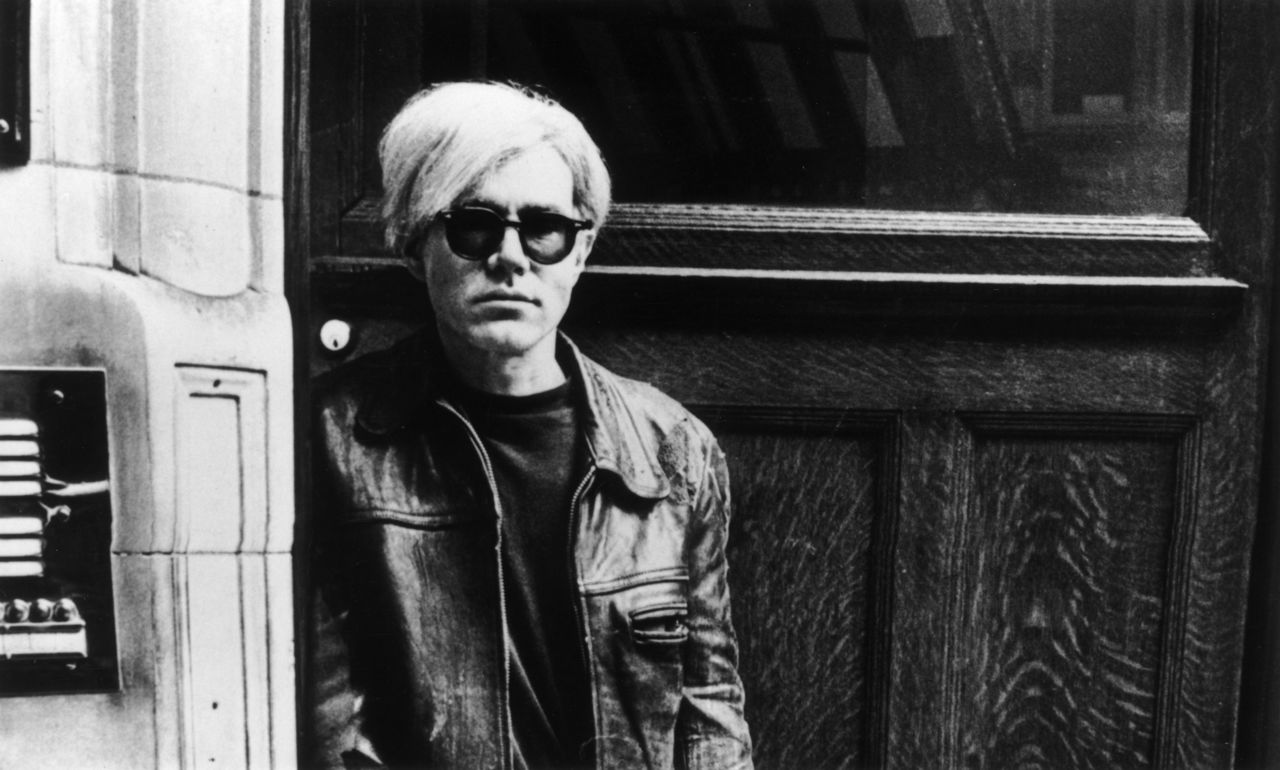
Above: Andy Warhol's art wasn't physically made by him, but by interns at The Factory.
Think about what a director does. We say that a director ‘makes’ a film but what the director really makes is a series of choices. First, the director chooses (or declines) the script. Then they choose which collaborators will work on it with them. These collaborators propose a series of options, for everything from cast and wardrobe to music and set-design, and the director makes their choices. They choose one image style over another. One lens over another. One actor over another. One performance over another. One shirt over another.
AI can generate a million options, but it has no taste.
And what are these choices based on? Their taste.
AI can generate a million options, but it has no taste.
In fact, it’s pretty bad at choosing, and choosing is vitally important to creativity. Sometimes it’s the choice of a particular actor or a particular music track that turns an average piece of work into something great.
Credits
powered by
-
- Production Company MJZ
-
-
-
Unlock full credits and more with a Source + shots membership.
Credits
powered by
- Production Company MJZ
- Post Production The Mill London
- Editor Russell Icke
- Director of Photography Jim Frona
- Director of Photography Joaquin Baca-Asay
- Agency Producer Nicky Barnes
- Creative Juan Cabral
- Director Nicolai Fuglsig
- Producer Nell Jordan
- Creative Director Richard Flintham
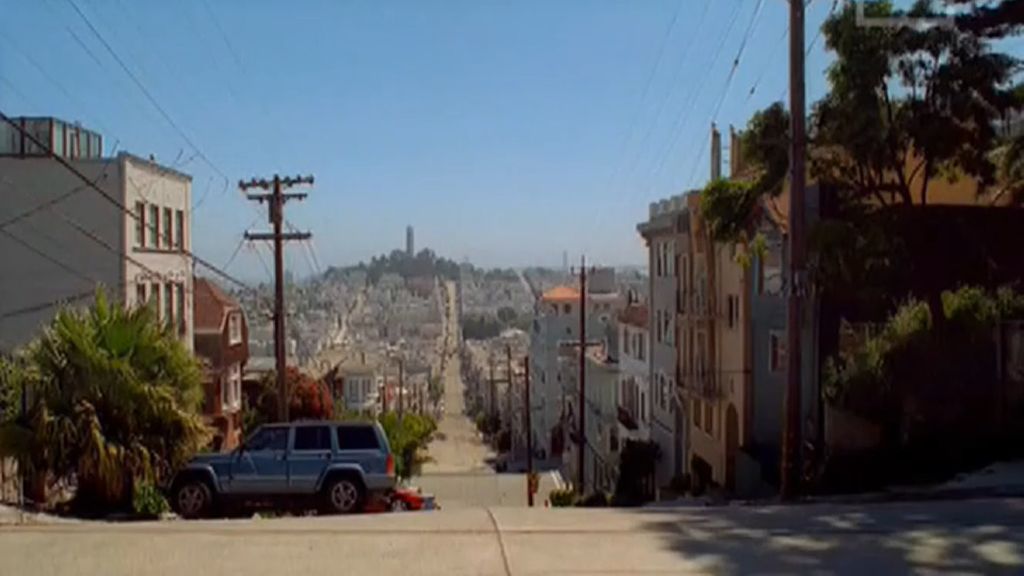
Credits
powered by
- Production Company MJZ
- Post Production The Mill London
- Editor Russell Icke
- Director of Photography Jim Frona
- Director of Photography Joaquin Baca-Asay
- Agency Producer Nicky Barnes
- Creative Juan Cabral
- Director Nicolai Fuglsig
- Producer Nell Jordan
- Creative Director Richard Flintham
Above: Sony Bravia's famous Balls ad was based on a sketch that appeared on the David Letterman show, highlighting how choice plays a significant role.
The general public, and even quite a few members of the advertising industry, don’t seem to appreciate the power of choosing. For example, directors and creatives get accused of ‘ripping off’ a YouTube video to turn into a TV ad, with the implication that they’re just copying, rather than being genuinely creative.
And yet, the choice of that particular YouTube video, or comedy sketch or movie scene – out of the hundreds of millions of videos on YouTube, and hundreds of thousands of movies and TV shows that have ever been made – is hugely significant. And an incredibly difficult exercise.
It seems likely [AI] will destroy many jobs which are based on craft, but can’t yet replace jobs that require creativity.
The Sony Balls ad, directed by Nicolai Fuglsig, was based on a sketch that appeared on the David Letterman show.
So, as far as AI annihilating jobs in the creative industries, it seems likely it will destroy many jobs which are based on craft, but can’t yet replace jobs that require creativity, since creativity is fundamentally about making never-made-before connections, which computers can’t do, and having taste, which computers don’t have.
We’re all worried about the incredible output that AI can produce, based off just a few simple prompts. But someone’s got to enter those prompts in the first place, and someone’s got to choose the best option from the answers offered.
And that someone, for now, is still us.
)

